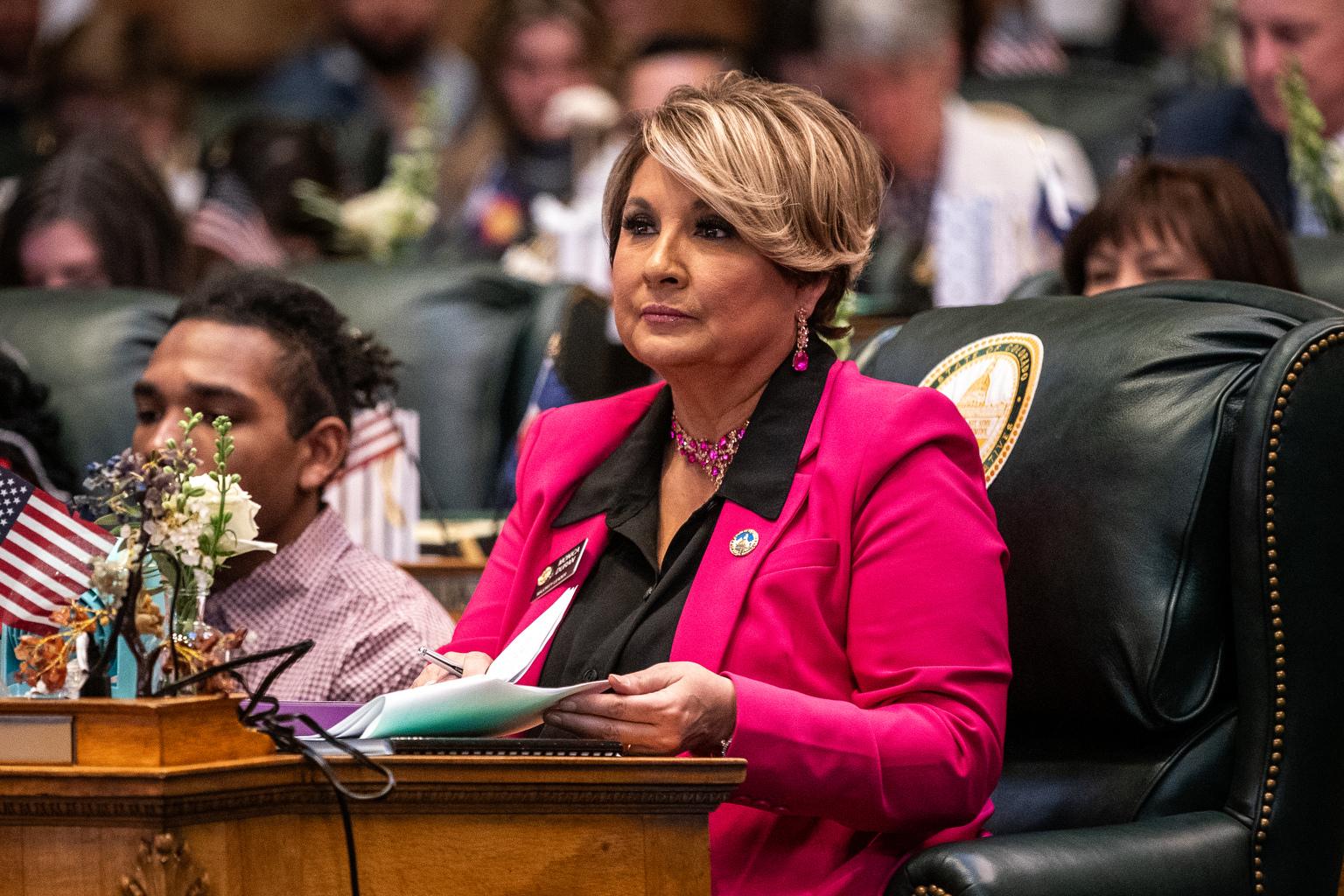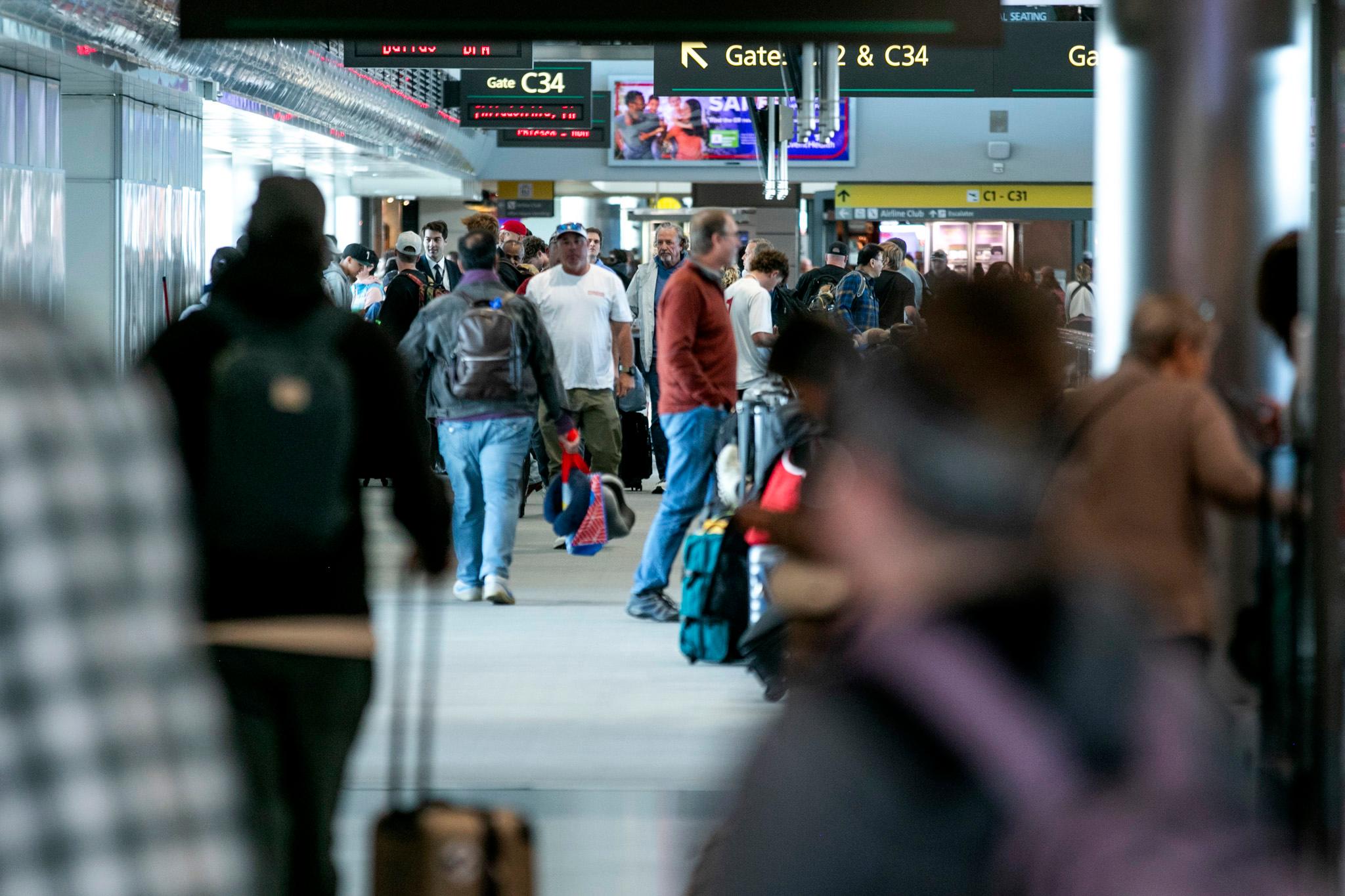

An exploratory committee of Colorado government and business and sports leaders has concluded that Denver and Colorado are capable of making a bid to host a Winter Olympic and Paralympic Games, but should do so only so long as voters approve the effort.
The committee also said the entire effort would need to be privately funded.
The group, known formally as the Denver And Colorado Olympic And Paralympic Exploratory Committee, issued its formal, 231 page report Friday.
- A Colorado Olympics? Download and read the full report here
Gov. John Hickenlooper and Denver Mayor Michael Hancock are honorary chairs of the committee. Robert Cohen of the IMA Financial Group is the committee chair.
Colorado was awarded the 1976 Winter Olympics, but voters later said “no thanks” and the games went instead to Innsbruck, Austria.
The next Winter Games, both Olympic and Paralympic, that Denver and Colorado could pursue would be in 2030, with the games being awarded in 2023.
Hancock called the report “phenomenal,” and encouraged the public to read it. “There’s some real innovation in this report, a real affirmation in terms of Colorado and the city of Denver's ability to host this level of event,” he said.
In effect, the report shows the city and state believe the pieces are in place to host the games, he added.
“Once the USOC has made a determination to pursue the Olympics in 2030, 2034, 2038 that Denver and state of Colorado are saying put us on the list,” Hancock said. “We are interested and we have a model, a financing model, that one, does not require direct investment of the taxpayer, and two, we want to go to the people of Colorado to affirm our interest in pursuing the Olympics.
Hickenlooper, Hancock and Cohen were all confident voters would approve of hosting the games.
“If there is a ballot initiative, my guess is that the media will get so engaged they will get the facts out," Hickenlooper said. "We’ll obviously have to do some work but as part of this exploratory process they had over 30,000 people that were somehow engaged in this process so the education process has already been started.”
Cohen said Friday he believed there was a lot of “misinformation” about the games -- especially about the way they are financed, and the capabilities of the state to handle the event. He said the International Olympic Committee has recognized that it can no longer go to communities and ask them finance the games in the ways they have in the past, looking for huge new venues that become “white elephants” and serve no other purpose. He thinks the report would get rid of “myths and misinformation” in that regard.
The IOC’s emphasis now is instead of building new venues they want to use existing venues. They want to plug into the plans that communities already have. They’re open to looking at different forms of guarantees,” and not just expecting taxpayers to cover the cost, Cohen said.
In a state whose population and economy can feel like it’s growing and changing and even pulling apart at a rapid pace, Hickenlooper said Friday he believes the games could serve as a unifying influence.
“That's one of the big reasons to want to put on a world class event like the Olympics, because you're a place where a lot of people are moving in from from other parts of the country, other parts of the world. You need something to bring them all together, give them some shared experiences. You need something to bring them all together, and give them some shared experience that all their grandchildren are going to remember and talk about,” the governor said. “It's how you make a cohesive community out of so many migrants coming from all different places.”
“It is a steeper hill,” he acknowledged, “because it's harder to communicate basic facts to people.”
Hickenlooper suggested that concerns are misplaced that the Olympics would bring about more growth, and the result in more pressure on issues such as affordable housing.
“I think that in any city that grows, any state that grows, affordable housing is always going to be a problem. You see that in Seattle, in San Francisco, in New York, in Chicago.”
The question for Hickenlooper is what that growth looks like. In his telling, the Olympics can be a catalyst for helping the city and the state find solutions for affordable housing, overcrowded roads, public transportation and the like.
“If you're not growing, you’re shrinking -- because nothing stays the same. “I think you want to grow, you have to grow to be a healthy, vibrant city and a healthy vibrant state."
Tony Pigford of Denver, of the newly-formed NOlympic committee, told CPR News in March that he sees “a tremendous risk and potentially a loss of billions of dollars for city and state taxpayers. It would potentially exacerbate inequity in our city and region.
He responded to the news Friday by saying the exploratory committee’s recommendation was a foregone conclusion, and his group will continue to work for a ballot measure to prevent the Olympics from coming to Colorado.
“ I don't think it's possible to privately fund it. If they think that they can do that, let's send it to the vote of the people,” he said.








